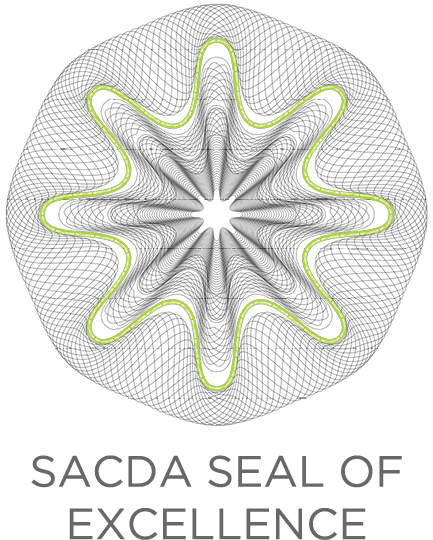Original Research
Olympiad participation: Problem-solving skills in mathematically gifted disadvantaged learners
Submitted: 29 June 2023 | Published: 07 November 2023
About the author(s)
Beccy Stones, Department of Educational Psychology, Faculty of Education, University of Pretoria, Pretoria, South AfricaJacobus G. Maree, Department of Educational Psychology, Faculty of Education, University of Pretoria, Pretoria, South Africa
Joyce Jordaan, Department of Statistics, Faculty of Natural and Agricultural Sciences, University of Pretoria, Pretoria, South Africa
Abstract
Background: Gifted learners are South Africa’s future leaders and investment in the skills of disadvantaged learners would benefit the country.
Objectives: This study investigated whether Olympiad participation could develop problem-solving skills in mathematically gifted disadvantaged learners.
Methods: The methodology of the study was quantitative. A total of 100 mathematically gifted Grade 7 learners from two quintile two schools in the same disadvantaged area of South Africa were exposed either to Olympiad-style questions (South African Mathematics Challenge past papers), or traditional Department of Education worksheets. Five aspects of Study Orientation, including problem-solving behaviour, were assessed using the Study Orientation in Mathematics (SOM) before and after the intervention.
Results: The findings revealed a correlation between success in traditional mathematics and study attitude, study habits, and overall study orientation, as well as an interaction between disadvantage and success in mathematics. The intervention did not increase problem-solving skills. Participants found the Olympiad-type questions unfamiliar and difficult, which is indicative of the limited enrichment opportunities for mathematically gifted learners in disadvantaged areas of South Africa.
Conclusion: Poverty and giftedness were shown to interact: the gifted disadvantaged learners in this study were less disadvantaged by their surroundings than one would expect and conversely had higher mathematics anxiety than expected for their achievement level.
Contribution: This study highlights the need to nurture the skills of mathematically gifted disadvantaged children.
Keywords
Sustainable Development Goal
Metrics
Total abstract views: 1380Total article views: 844
